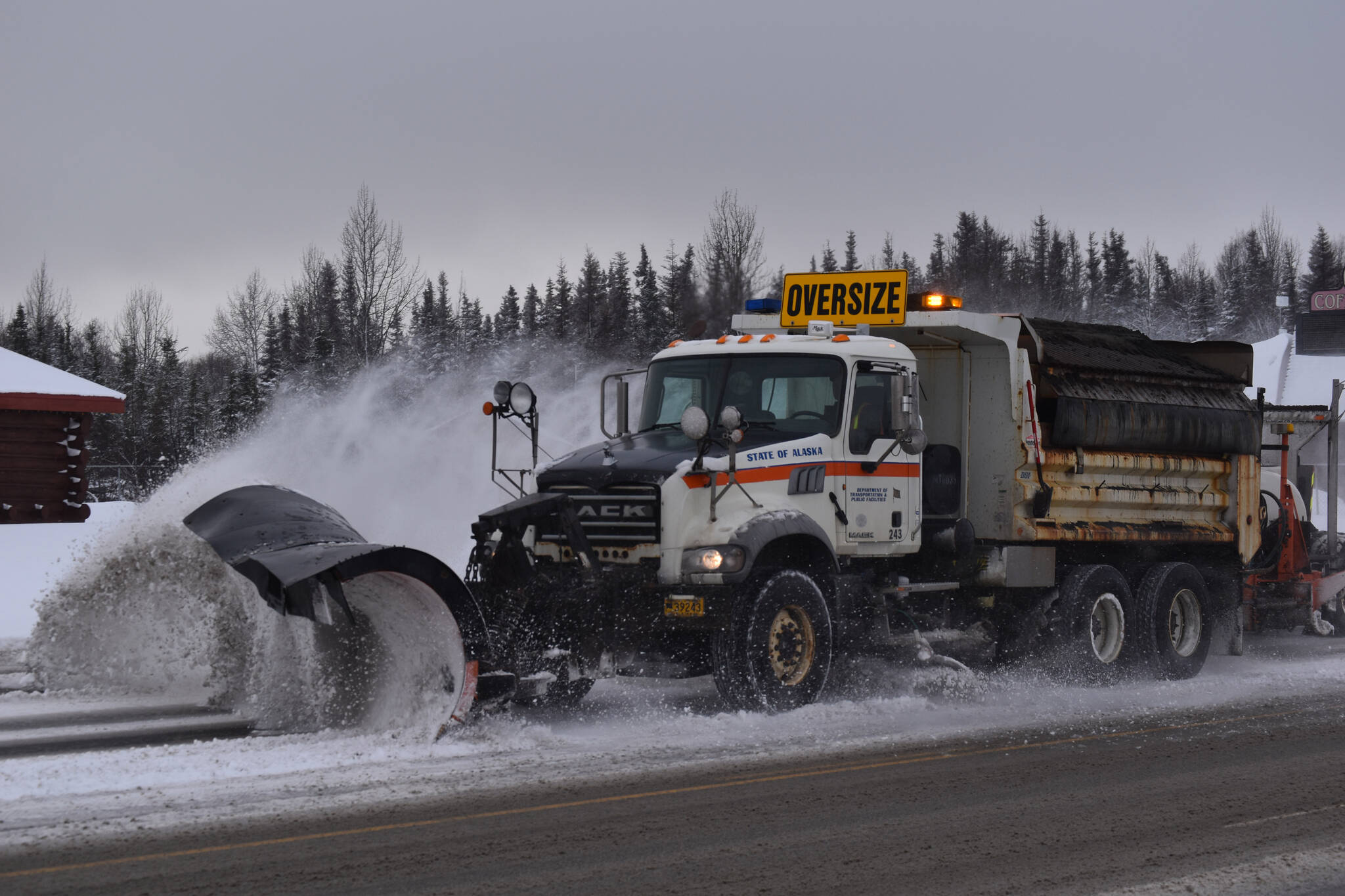I have been driving in Alaska for the past two years, and I have personally witnessed the detrimental effects of the salt brine on my vehicle. The harsh mixture increases corrosion, specifically on the undercarriage, break lines, and suspension components. When will this stop? After a break line gives out and brings a family of four to their deaths?
Vehicles that are regularly exposed to the salt brine show signs of rust far earlier than those that are not. It is very frustrating that the salt brine is used on the Kenai Peninsula often when it is not needed. The roads could be completely dry, no snow, no ice, just plain dry, and they will spray the solution. This unnecessary application feels extremely wasteful, and increases the damage to our vehicles. The state reduced the amount of salt brine used by 69%, but it’s not enough.
Not only does this affect our vehicles, but it affects the wildlife in our community. It’s very concerning that it has become a common sight to see moose and rabbits licking the salt brine residue off of vehicles. This is very dangerous to our wildlife as the salt brine contains chemicals that can be harmful to animals. When ingested, it can cause dehydration and possibly even kidney issues. This could also cause a safety hazard, as moose can become aggressive. It’s disappointing to see that this not only affects vehicles, but our wildlife as well, and that our state has done hardly nothing to correct this issue.
In my experience, and conversations with other community members, it’s clear that no one wants the salt brine used. The community would prefer alternate methods of road safety, such as sanding. Although these alternatives aren’t as efficient, it would preserve vehicles, and reduce the financial burden on drivers from constantly having to fix their cars.
Despite our efforts, the state still uses salt brine. The continuous use of the brine feels like a disregard for our community. While road safety is the number one priority, the balance between safety, and vehicle preservation needs more balance. After my two years of experience, I firmly believe that more should be done to limit, or even replace the use of the salt brine. Our community’s voice is clear, we need a change, and we need it fast.
I hope that you recognize the serious concerns I have raised and consider the need for a better solution that can protect both our vehicles, and our wildlife in our community.
Ella Veihdeffer lives in Kasilof.

